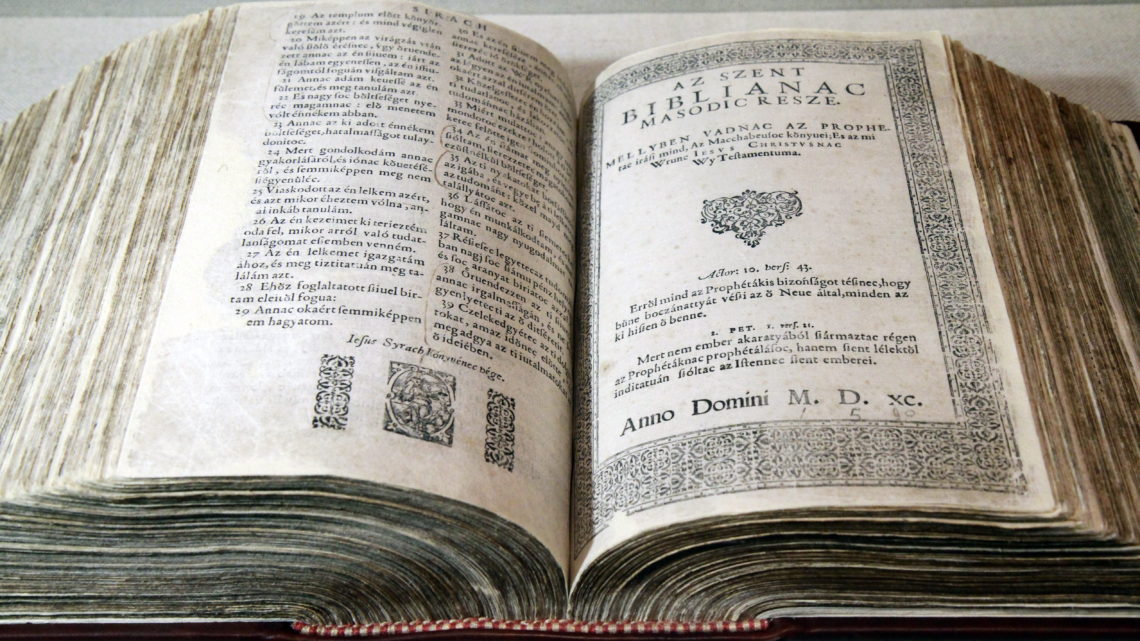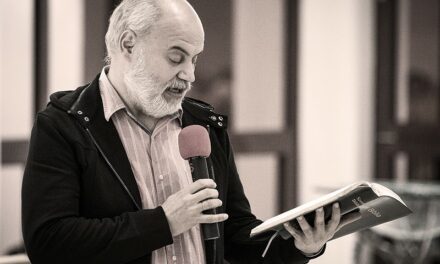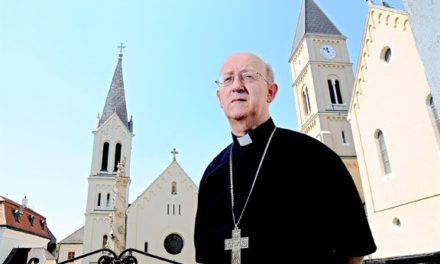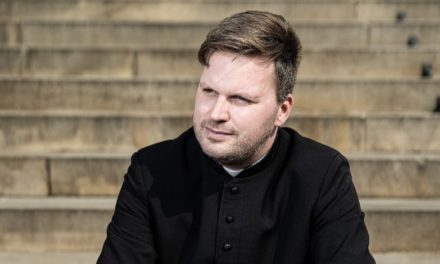Artificial intelligence would be used by a pair of researchers dedicated to Christianity so that the Bible could be published in languages that had not been translated before, reports Christian Headlines .
They believe the project would forever change the often tedious, time-consuming process of Bible translation, which often takes more than ten years, including the period when the translator becomes familiar with the language. The work is complicated by the fact that there are more than 700,000 different words in the Bible.
Of the 7,100 languages known in the world, the entire Holy Scriptures have been translated into only about 700, but at least one Bible book is available in more than 3,500 languages.
“People don't know that there are about 7,100 languages in the world. Google Translate covers about 100 of them”
- said Ulf Hermjakob, senior researcher at the Information Science Institute (ISI) of the University of Southern California, who presented the project.
He emphasized that they also target languages that are not among the 500 most well-known.
The other researcher, Joel Mathew, is not far from work, as he grew up in India, where his parents were engaged in Bible translation.
“There were a lot of areas where I felt software technology could really accelerate, improve, support and help them,” he said.
They explained that they are developing a tool that increases efficiency during translation. Although they undertook a difficult task, there is still a debate about how exactly to word one part of the text, while other parts show concepts that cannot be easily translated into local languages.
“There is a community that lives in the mountains and lives in huts without doors, so the concept of a door does not exist in their culture. There is a verse in the Bible that says: »Behold, I stand at the door and you knock«. The question is how do we translate that to people in a way that makes sense to them”
he shared.
"We're trying to translate it so that it's not a concrete knock, but a scene where someone is standing at the entrance of your house and asks you to come in."
They want to open source the project so that it can be made available worldwide. "We wanted other Bible translation efforts to be able to use it for their own research, so we decided early on that we wanted to make our data and code public," Hermjakob said.
Source: vasarnap.hu
Cover image: The original copy of the Vizsolyi Bible on September 26, 2015 in the Vizsolyi Reformed Church, where Gáspár Károli, who translated the Bible into Hungarian, was commemorated.
The Reformed biblical scholar completed the translation of the scriptures into Hungarian 425 years ago. MTI Photo: János Vajda













